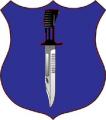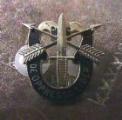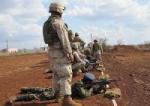The Talibanís clear strategy and increasingly coherent organization have put the International Coalition on the defensive, marginalized the local Afghan government, and given the Taliban control of southern and eastern Afghanistan. Rather than concentrating limited troops in the South and East where the Taliban are firmly entrenched, the International Coalition should prioritize regions where the Taliban are still weak but making alarming progress: in the North and around Kabul.
Far from a loose assortment of local groups, the Taliban are nationally organized, with coherent leadership and a sophisticated propaganda operation. The Coalition, on the other hand, lacks clear direction, largely due to its underestimation of the Taliban. Following a month-long trip through Afghanistan, Gilles Dorronsoro assesses the insurgency and proposes a strategy for the coalition based on a comprehensive understanding of the Talibanís capabilities and goals.
Key points:
The Taliban have built a parallel government in areas they control to fulfill two basic needs: justice and security. An almost nonexistent local government and the populationís distrust of the international coalition allowed the Taliban to expand their influence.
Focusing resources in the South and East, where the insurgency is strongest, is risky, especially since the Afghan army is not ready to replace U.S. forces there.
The Taliban have opened a front in the northern provinces, having consolidated their grip on the South and East. If the International Coalition does not counter this thrust, the insurgency will spread throughout Afghanistan within two to three years and the coalition will not be able to bear the financial and human costs of fighting.
The insurgency cannot be defeated while the Taliban retain a safe haven in Pakistan. The Taliban can conduct hit-and-run attacks from their refuge in Pakistan, and the North remains open to infiltration.
The United States must pressure Pakistan to take action against the Talibanís central command in Quetta. The current offensive in Pakistan is aimed at Pakistani Taliban and does not indicate a major shift in Pakistani policy toward Afghanistan.














Bookmarks